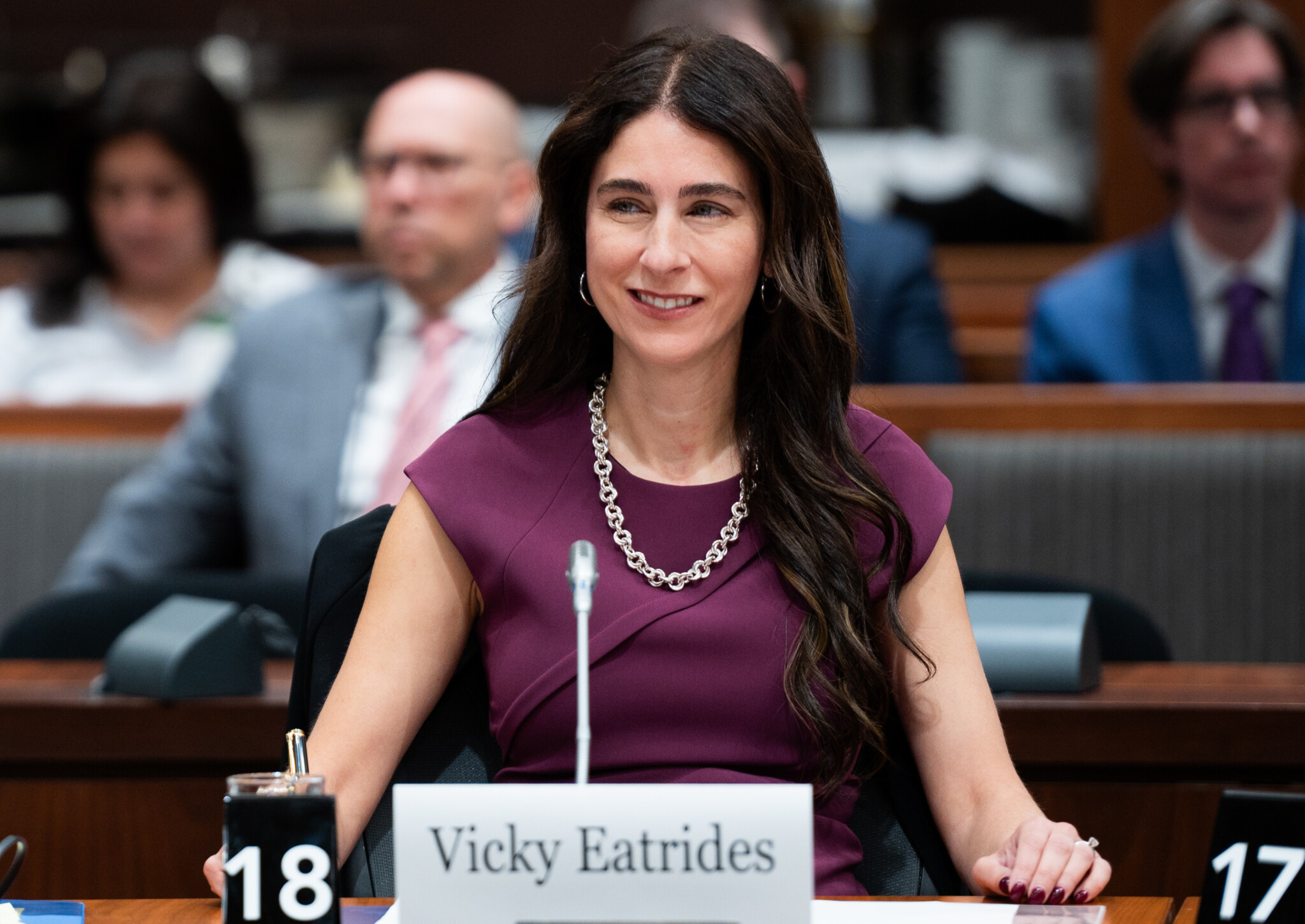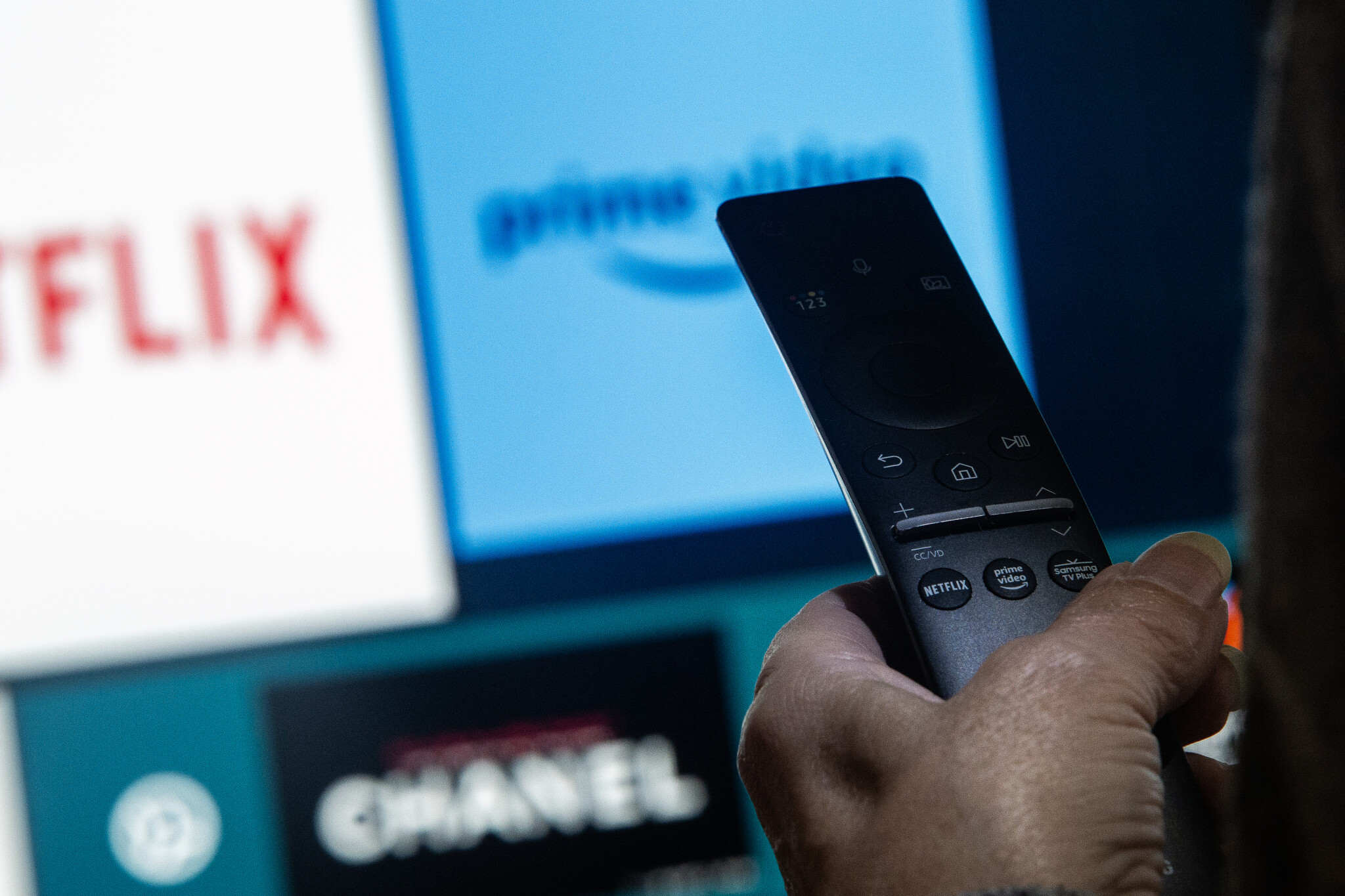You have money. Our dependents want some. Give it to them.
That, in a nutshell, describes the Canadian Radio-television and Telecommunications Commission’s (CRTC) initial decision stemming from its 2023 hearing—the first of many it will be holding in the years to come in order to implement the Online Streaming Act. Its initial effort to “modernize” the Broadcasting Act has not only upheld its traditional role as a vessel of wealth redistribution, it works hard to swiftly turn on the cash taps and get money into the hands of as many key voting demographics and influencers —including newsrooms—as possible in time for the 2025 election.
In doing so, it has also punted a number of awkward and vital decisions into the future, sprinkling hope among those having to pay up that they might yet get some credit for what they are already spending and keeping alive the dreams of traditional funders that they will have their financial burdens relieved down the road.
But as things stand, foreign streamers will have to pay 5 percent of their Canadian revenues into a plethora of funds to support folks the vote farmers at the CRTC are convinced can’t survive without their support.
Here’s the list and the allocations from the video streamers (minimum portions for francophone/Quebec content also apply):
- 2 percent to the Canada Media Fund and/or direct expenditures towards certified Canadian content;
- 1.5 percent to the Independent Local News Fund;
- 0.5 percent to the Black Screen Office Fund, the Canadian Independent Screen Fund for BIPOC creators, and/or the Broadcasting Accessibility Fund;
- 0.5 percent to the Certified Independent Production Funds supporting Official Language Minority Community producers and producers from diverse communities; and
- 0.5 percent to the Indigenous Screen Office Fund.
Music/audio-only streamers will have their pockets picked like this.
- 2 percent to FACTOR (a music/musician development fund) and Musicaction (similar);
- 1.5 percent to a new temporary fund supporting local news production by commercial radio stations;
- 0.5 percent to the Canadian Starmaker Fund and Fonds RadioStar;
- 0.5 percent to the Community Radio Fund of Canada;
- 0.35 percent to direct expenditures targeting the development of Canadian and Indigenous content and/or a variety of selected funds; and
- 0.15 percent to the Indigenous Music Office and a new fund to support Indigenous music.
In other words, a fund for everyone! Every one of those groups—a potpourri of the self-styled needy—gets a piece of the pie.
They will be happy. According to the CRTC, this decision will put an additional $200 million into their pockets.
You might well wonder why companies such as Netflix, Spotify, and Apple should have to fund broadcast news reporters—including those employed by Bell and Rogers—as none of them produces news. No doubt the executives of those and other companies are pondering the same and calculating the global cost of compliance with such a demand. Because, as Canadians learned from the debacle of the Online News Act, “the world is watching” and whatever demands global companies concede to in one country could very well be replicated in others.
So, if they agree to fund news in Canada, why wouldn’t the U.S. expect them to do the same there? Or, hey, India? And how much would that cost?
If you were an executive at Spotify—a company whose highest net profit ever was 5 percent—and you were being asked to cough up that same amount in Canada, what would you do? Stay and pay or pack your bags?
It should be noted that there were a couple of bright spots in the decision. One is that the CRTC, having initially proposed that its regulations would apply to companies with $10 million or more in Canadian revenue, moved that number to $25 million. That will be a relief to some of the smaller streamers. But while it may lessen the risk they will flee the country, it could also discourage them from investing and growing into scope.
The CRTC also excluded revenue derived from user-generated content from its calculations which, for companies such as TikTok, is a big win.
The bad news is that, as with Spotify, streamers such as Netflix (net profit margin 18 percent) are going to have to find the 5 percent from somewhere. The apparent options are to a) reduce current investment in Canadian film and television; b) increase subscription costs to consumers, c) lay people off/reduce overhead, or d) leave the country. The CRTC decision is rather cleverly constructed to avoid the nuclear option of d)—at least until after the election—by promising in the future to perhaps give credits for money already being spent on production. And maybe a more workable definition of Canadian content. Maybe.
Nevertheless, as a source within the industry told me:
“I’m renewing my VPN subscriptions because I don’t see why Netflix, Amazon, Disney, et al. would continue operating in Canada.”
Neither do I.

Vicky Eatrides, Chairperson and CEO of the Canadian Radio-television and Telecommunications Commission (CRTC) on Parliament Hill in Ottawa, on Oct. 5, 2023. Spencer Colby/The Canadian Press.
In his blog, Michael Geist of the University of Ottawa described the streamers’ dilemma like this:
“The streaming companies themselves will rarely, if ever, be eligible for the money they are required to pay, creating an obvious inequity of mandated payments without benefits. In fact, their existing contributions, which notably include massive film and television production investment in Canada, are entirely ignored.”
There will have been much toasting and popping of corks among those designated to receive the loot being torn from the bottom lines of offshore streamers.
And there will be some sadness within the executive corridors of Bell, Rogers, et al. that they got no regulatory relief from their current obligations to most of the funds listed above. That’s another matter the CRTC has set aside for the future, likely because had it met Canadian companies’ requests to have their contributions reduced (Bell asked for a decrease from 30 percent of broadcast revenues to 20 percent), the net benefit the regulator could have announced to its co-dependents would have been much, much less.
The streamers haven’t called a cab to the airport yet. And I’m not sure they are even packing their bags. But there’s little doubt they’ll be making sure their passports are up to date.
Recommended for You

Scandalous politicians could finally face serious consequences if this Supreme Court case is won, says democracy watchdog

Jewish groups advocate for new hate crime laws and better police tools to punish perpetrators

As the Tumbler Ridge shooting shows, overly cautious communication isn’t helping

‘Election fever?’: Hub Politics on if Canadians will be headed to the polls this spring




